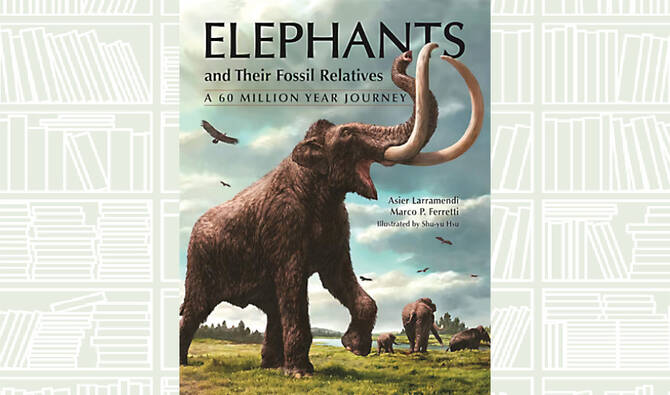Authors: Asier Larramendi & Marco P. Ferretti
Today, only three species of elephants survive—the African savanna elephant (Loxodonta africana), the African forest elephant (Loxodonta cyclotis), and the Asian elephant (Elephas maximus).
However, these modern giants represent just a fraction of the vast and diverse order of Proboscidea, which includes not only living elephants but also their many extinct relatives.
Over the past 60 million years, proboscideans have evolved and adapted across five continents, giving rise to an astonishing variety of forms.
























